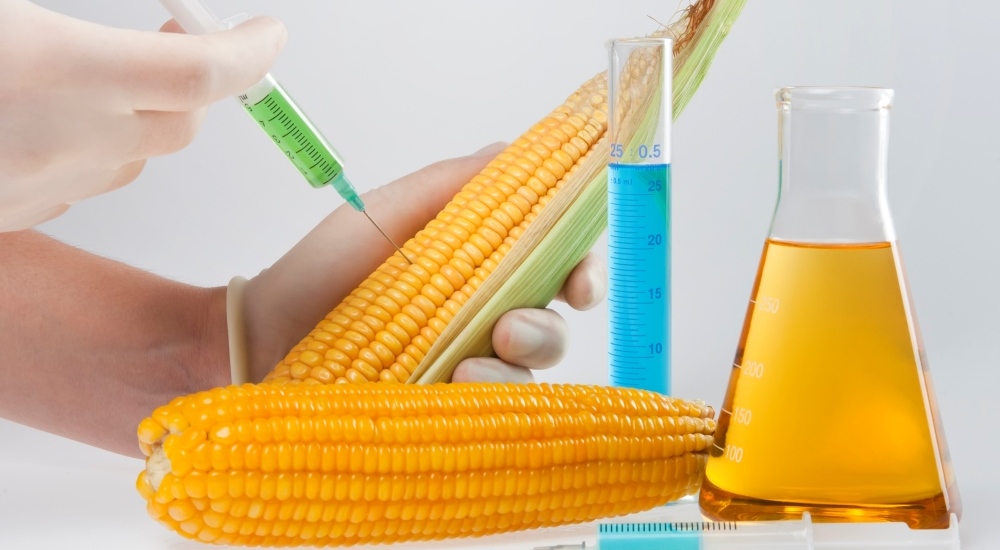Genetically Modified
[@access_control@] [@article_id@] [@blog_author@] [@blog_content@] [@blog_id@] [@blog_subheader@] [@blog_subject@] [@category_id@] [@category_name@] [@category_ref@] [@category_subheader@] [@ccat_id@] [@compat_id@] [@compat_list_id@] [@compatcat_description@] [@compatcat_description2@] [@compatcat_fullname@] [@compatcat_name@] [@compatcat_ref@] [@content@] [@content_allow_reviews@] [@content_author@] [@content_compatibility_code@] [@content_description1@] [@content_description2@] [@content_description3@] [@content_external_ref1@] [@content_external_ref2@] [@content_external_ref3@] [@content_external_src@] [@content_fullpath@] [@content_id@] [@content_label1@] [@content_label2@] [@content_label3@] [@content_level@] [@content_module@] [@content_name@] [@content_ref@] [@content_short_description1@] [@content_short_description2@] [@content_short_description3@] [@content_type_code@] [@content_type_id@] [@content_type_name@] [@content_wufoo_form@] [@date_posted@] [@date_updated@] [@description@] [@description2@] [@external_ref@] [@gp_restriction@] [@id@] [@name@] [@page_content@] [@page_editor@] [@page_header@] [@page_id@] [@page_index@] [@page_subheader@] [@parent_ccat_id@] [@parent_content_id@] [@parent_id@] [@rating@] [@reviews@] [@short_description@] [@sortorder@] [@subtitle@] [@templatebody@] [@templatefoot@] [@templatehead@] [@templatesearch@] [@thumb@](CODE) [@thumb_alt@](CODE) [@thumb_alt1@](CODE) [@thumb_content_type_id@] [@timestamp@] [@title@] [@url@]
Genetic Modification is a form or biotechnology which involves scientists altering the DNA of food. This means that scientists transfer genes between different species such as plants, bacterium, animal, fungus or algae, creating life forms that could not occur outside of a laboratory. This resulting life form is known as genetically modified organisms (GMOs).
The reasoning behind genetic modification is to produce a different type of crop.
Biotech companies would argue that crops yield more, are resistant to pests and it can have vitamins or even vaccines added to it. Others are not so positive.
Organisations like Greenpeace’s True Food Network and the Australian-based Gene Ethics are against genetic modification. Studies are only just coming out to prove the harmful effects of changing our food’s DNA. Other arguments against genetic modification are that it reduces biodiversity, contaminates other non-genetically modified crops, and now that it’s been released, we can’t recall it.
Food Standards Australia and New Zealand (FSANZ) have approved genetic modification for soybeans, canola, corn, potatoes, sugar beet and, to a smaller extent, lucerne and rice. Australia is the twelfth largest grower of GM crops but, even more staggeringly, we had the highest growth of any GM growing country in 2010, where GM crop production grew by an astounding 184 per cent.
The biggest GMO Company by far, is Monsanto. They are a US-based company and most well known for manufacturing DDT, Agent Orange (the poisonous chemical used during the Vietnam War), and their herbicide, Roundup. They also are the biggest producer of genetically modified seeds in the world, and hold a monopoly of 90 per cent of the market.
Bayer and Syngenta are other large companies in Australia that use genetic modification in food.

The main issues and concerns are:
Health: Basically GM foods have not been proven safe for human consumption. No long-term studies looking into the health impacts of GM foods have been conducted and independent safety testing is limited. Of the studies that have been done, serious concerns have been raised. For example, in 2010, an Argentinean-based study on the effects of the Roundup Ready Soybean found that, in the past decade, childhood cancer has increased by 300 per cent and birth defects by 400 per cent. Argentina is the third biggest GM crop producer in the world. The report also found that GM crops are linked to human cell death, cancer and miscarriages.
Biodiversity: From an environmental perspective, GM crops have already been proven to seriously affect our biodiversity. Altering the natural population of just one species such as a butterfly or bee in a particular area can have a monumental impact on our whole ecosystem and all the other species that are connected to it. This impact is far more reaching that we can imagine and once it has happened, it is most likely too late to stop the damage.
Contamination: Right now, an organic farmer in WA called Steve Marsh is taking legal action against his neighbouring farm because his neighbour’s GM canola crop contaminated his organic crop. In January 2011, Marsh was decertified as organic by the NASAA until his crop could be cleaned up.
GMOs and animal feed: Most chickens in Australia, apart from organic chickens, are being fed GM food. The Australian Chicken Meat Association acknowledges this, but says that three major chicken producers are trying to source non-GM food from Brazil. The Association is not clear about how this is going to occur when Brazil is the second biggest grower of GM crops, or how it is going to ensure the crops have not been contaminated.Market Monopoly & Control: Once upon a time, farmers would carefully save their seeds from one year to the next, keeping seeds from their most bountiful crops in the hope that it will bring them more prosperous harvests in the following year. Today, GM seeds are owned and patented by Biotech companies. Farmers find themselves legally bound and at the mercy of the strict regimes of the Biotech company and their lawyers who often demand that they pay royalties or purchase new seeds each season.
Labelling: Food Standards Australia and New Zealand (FSANZ) have made it mandatory for approved genetically modified food to be labelled. GM food in Australia has to be tested and approved by FSANZ before it can be sold. The problem is, FSANZ relies on the GM company’s insider scientific research for their testing. Also, they don’t test for the effects of GM food once it’s been approved for use in Australia.
Unfortunately, there are exemptions to FSANZ’s genetic modification labelling laws.
1. Food that has been so highly refined that some of its DNA has been removed, like sugar and oil.
2. Food bought in restaurants, or at a take-away or by a caterer.
3. Food that comes from animals that have been fed GM crops.
The best way to avoid eating GMOs is to eat organic. By law, certified organic food cannot have any genetically modified ingredients.
Have a look at Greenpeace’s True Food Guide which is a downloadable pocket-sized guide of what companies are free from GMOs, who is phasing out GMOs and who doesn’t protect against GM contamination. It’s mainly aimed at kids, but is just as beneficial for adults.
For more information on Genetically Modified foods, please visit the following websites:
- Safe Food Foundation; http://safefoodfoundation.org/
- MADGE; http://www.madge.org.au/
- Gene Ethics; http://www.geneethics.org/
- Sustainable Food Trust; http://sustainablefoodtrust.org/
- GM Free Australia Alliance: http://www.gmfreeaustralia.org.au







